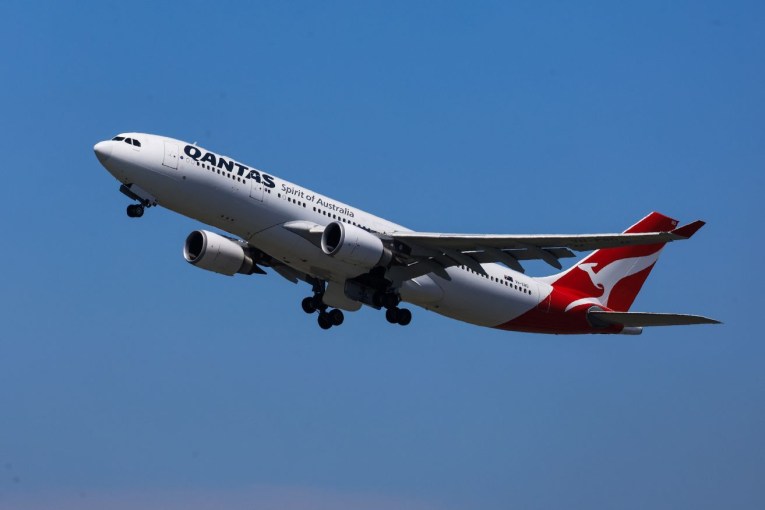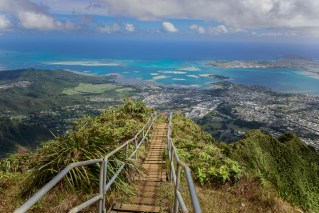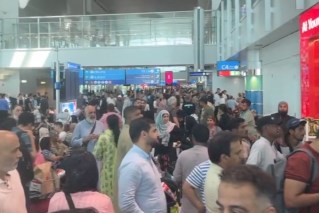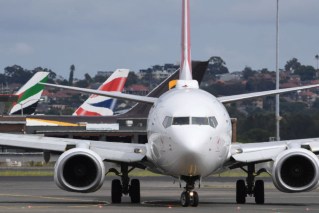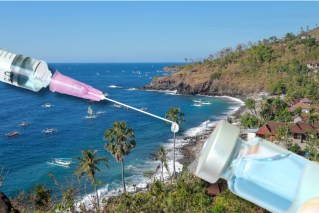Watchdog says no to Qantas-Japan Airlines deal

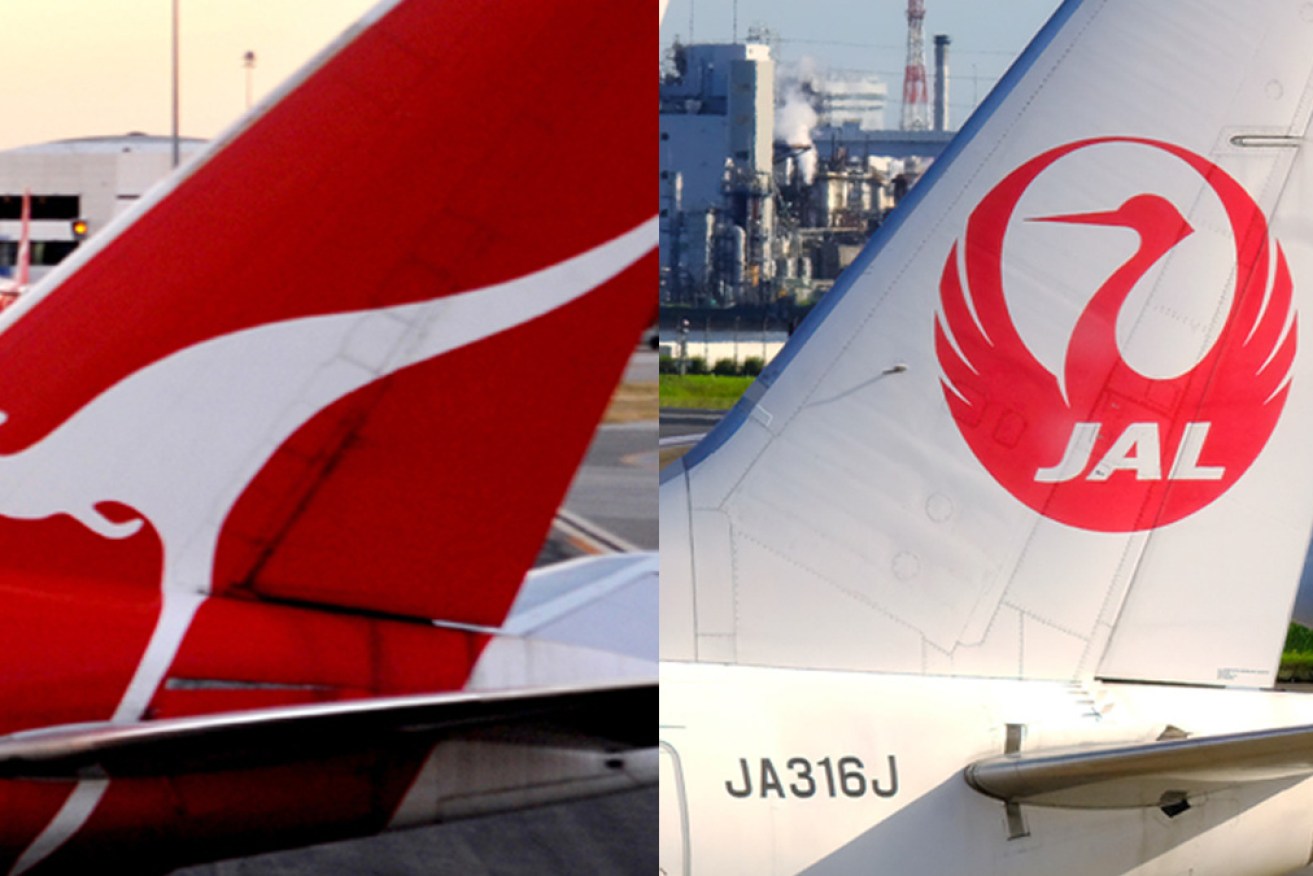
Qantas and Japan Airlines wanted to combine many of their operations for up to five years.
The consumer watchdog has knocked back proposed deal for pricing, code-sharing and scheduling between Qantas and Japan Airlines, saying it would be no good for consumers.
The proposed alliance would have allowed Qantas and Japan Airlines to stop competing on all aspects of price and service for three years.
But the ACCC found that it would likely lead to reduced competition as international travel resumed – and would be a poor deal for passengers travelling between Australia and Japan.
“The ACCC can only authorise an agreement between competitors if it is satisfied the public benefits would outweigh the harm to competition. The alliance did not pass this test,” chairman Rod Sims said on Monday.
“Airlines have been severely impacted by the pandemic and this has been a very difficult period for them. But preserving competition between airlines is the key to the long-term recovery of the aviation and tourism sectors, once international travel restrictions are eased.”
The airlines sought approval for a three-year deal that would have covered marketing and sales, pricing, scheduling, distribution strategies and agency arrangements, yield and inventory management, frequent flyer programs, lounges, joint procurement, product and service standards and cargo. Their proposed joint business agreement was for five years, with the final two subject to regulatory approval.
Before the pandemic, Qantas and Japan Airlines accounted for about 85 per cent of passengers travelling between Australia and Japan. They dominated the largest route, Sydney-Tokyo, and were the only airlines to fly on the second largest, Melbourne-Tokyo.
The ACCC found that granting the authorisation would remove competition between Qantas and Japan Airlines, and make it more difficult for other airlines – such as Virgin Australia – to fly between Australia and Japan.
Virgin told the ACCC that it would be more difficult to enter the Australia-Japan route if it had to compete with Qantas and Japan Airlines acting jointly rather than as individual competing airlines.
“We accepted that there was likely to be some short-term benefits from the alliance being able to jointly reinstate services more quickly when borders are reopened, which may initially stimulate tourism,” Mr Sims said.
“However, the longer-term benefits of competition between airlines are cheaper flights and better services for consumers, which is vital to the recovery of tourism over the coming years.”
In a joint statement on Monday, Qantas and JAL said they were disappointed by the consumer watchdog’s ruling.
“A closer partnership between Qantas and Japan Airlines would have meant more routes, better flight connections and more benefits to frequent flyers. None of these benefits will be realised following the ACCC’s decision,” Qantas domestic and international CEO Andrew David said.
“We know the recovery of international travel is going to be slow and bumpy. It will take years for the whole travel and tourism industry to fully recover from COVID, so getting the policy settings right is going to be critical as key routes are rebuilt essentially from scratch. Getting that right will ultimately benefit the recovery of the Australian economy.”
JAL executive officer Ross Leggett said the deal would have offered clear economic and social benefits to Japan and Australia in the challenging post-pandemic recovery.
“It is unfortunate that the opportunity to provide enhanced customer choice and extensive travel industry growth opportunities will not be realised,” he said.
The ACCC had already indicated it was likely to reject the plan. After the its draft decision in May, Qantas offered a commitment to start flying between Cairns and Tokyo once certain demand thresholds were reached.
“We think Qantas could commence a new Cairns service without the alliance, and the timing of any such service would be best determined by commercial factors in a competitive environment,” Mr Sims said.
“Jetstar services on this route are currently planned to start again from February 2022, without the alliance.”
